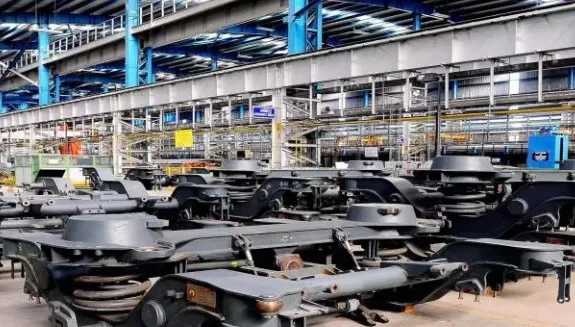India and Nepal have resolved to intensify efforts to combat cross-border smuggling of gold, narcotics, counterfeit currency, and banned items such as e-cigarettes, reaffirming their commitment to regional trade security and border control.
This consensus emerged during the 21st Director-General level meeting on Customs Cooperation, hosted in Kathmandu on April 10-11. Senior Customs officials from both nations agreed to enhance real-time intelligence sharing, deploy modern tracking systems, and streamline digital tools for smoother trade and tighter surveillance.
The Indian delegation was led by Abhai Kumar Srivastav, Director-General of the Directorate of Revenue Intelligence (DRI), while the Nepalese side was represented by Mahesh Bhattarai, Director-General of Nepal’s Department of Customs.
In a joint statement issued by India’s Finance Ministry, officials noted that smuggling has become a shared threat, especially along porous stretches of the Indo-Nepal border. To address this, both countries pledged coordinated action and operational synergy through a mix of technology, data sharing, and infrastructure upgrades.
Major Takeaways from the Meeting:
- Implementation of Pre-arrival Customs Data Sharing
- Progress on Electronic Origin Data Exchange System (EODES)
- Fast-tracking the Customs Mutual Assistance Agreement (CMAA)
- Expansion of the Electronic Cargo Tracking System (ECTS)
- Upgradation of border facilities for secure and smooth cargo movement
Officials also explored automation of transit procedures, enhanced capacity-building efforts, and the use of AI-driven surveillance technologies to deter illegal trade activities.
Nepal, a key partner under India’s ‘Neighbourhood First’ policy, relies on India for two-thirds of its exports. The two countries underscored the importance of facilitating legitimate trade while eliminating threats from unlawful trafficking.
The Nepal Customs department expressed appreciation for India’s continued support in training programs and knowledge-sharing initiatives aimed at strengthening Nepal’s customs infrastructure.
A Step Towards Safer, Smarter Trade
The talks concluded with both nations reaffirming their commitment to maintain secure, efficient, and transparent customs operations. The renewed cooperation is seen as a significant move toward ensuring safe trade corridors and enhancing the economic resilience of the region.
As illicit trade evolves with time, both nations appear determined to stay ahead with vigilance, innovation, and trust.

























